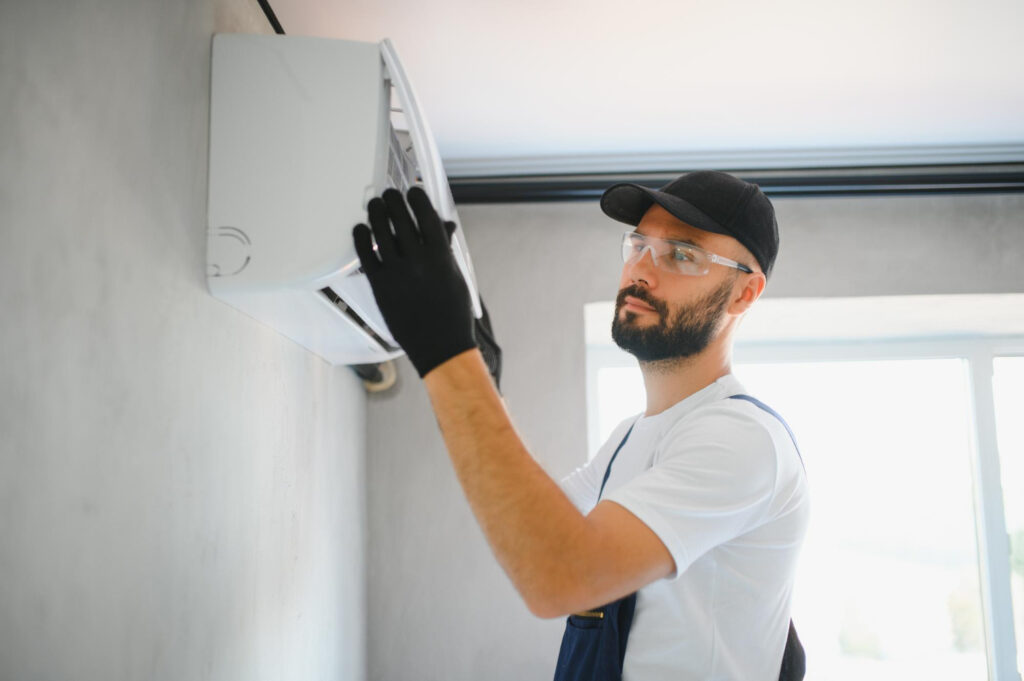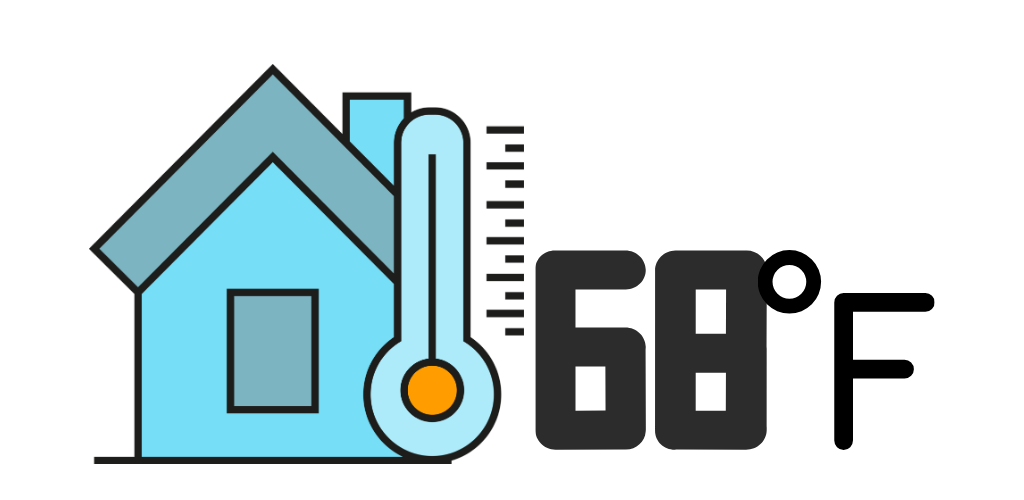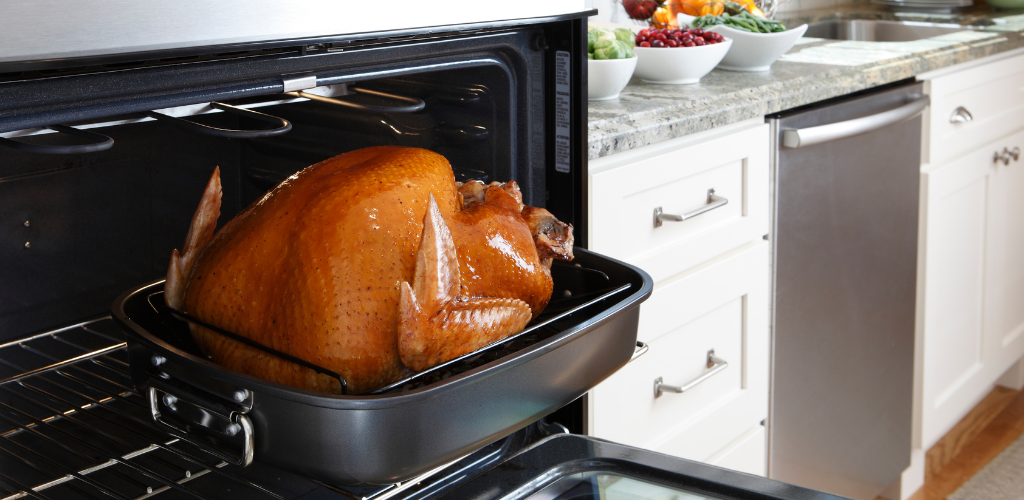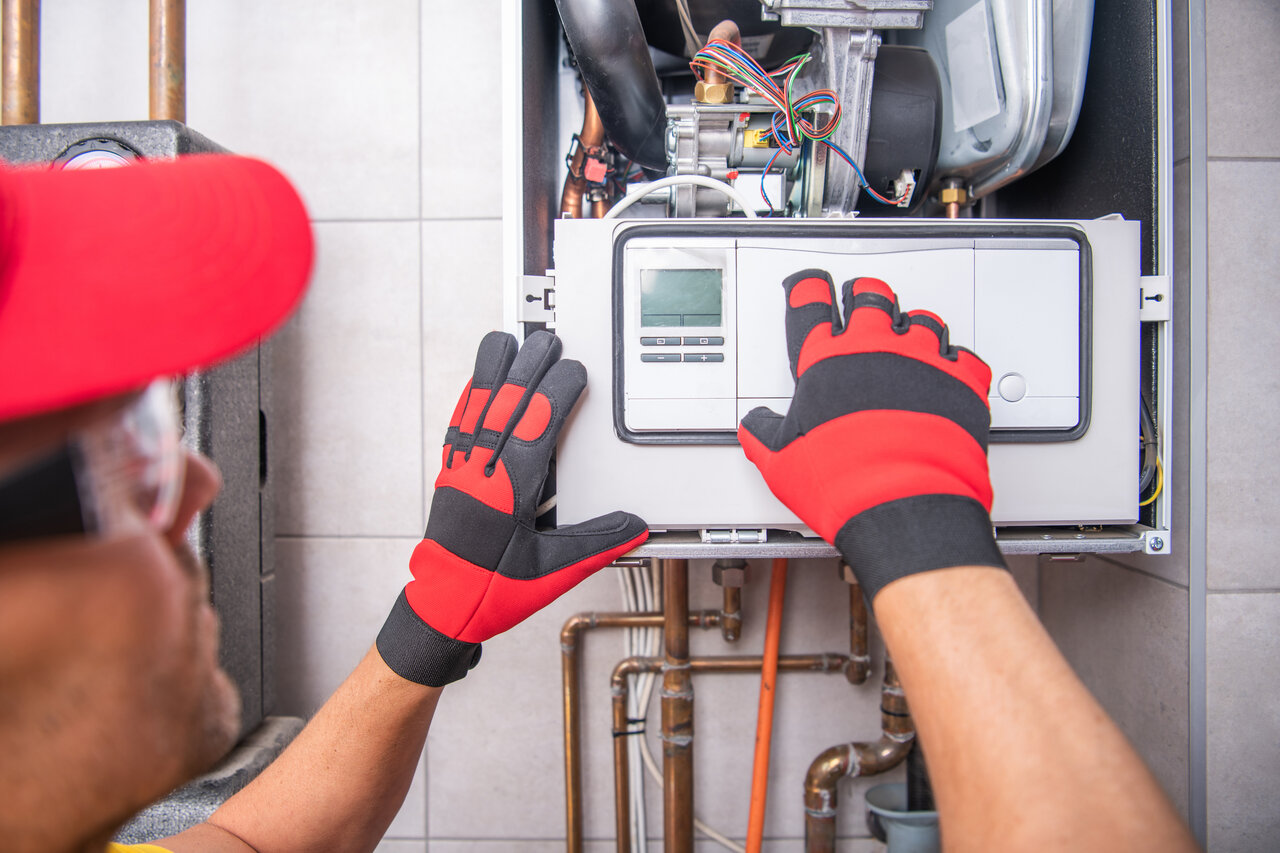A working air conditioning system is more than just comfort during Gridley’s summer heat. When temperatures rise and airflow stops, the discomfort isn’t just physical — it can disrupt daily routines. Whether it’s a weekday afternoon or a weekend, AC failure always seems to happen at the worst time. That moment when the unit won’t turn on can lead to all kinds of questions. Why is the house still warm? Is there a wiring issue? Is the equipment broken?
Before jumping to conclusions, consider that many AC problems have a few common causes. Some are easy to identify, while others may take more effort to confirm. Acting quickly can prevent long-term damage and reduce repair expenses. If your AC in Gridley isn’t turning on, going through a few key steps may help point you in the right direction.
Check the Thermostat
One of the most overlooked reasons an AC system won’t activate is a problem with the thermostat. Homeowners often assume the issue is with the cooling unit itself, but the thermostat is the system’s communication center. If it’s off or not working as expected, the entire AC system could remain idle.
Here are a few things to check:
– Make sure it’s set to “cool” mode.
– Confirm the target temperature is lower than the room temperature.
– See if the display is blank, dim, or flickering. This could mean the batteries are dead or low.
Replacing the thermostat batteries is a quick fix that might restore communication between the unit and controls. If your thermostat is hardwired, inspect your breaker panel to confirm the circuit hasn’t tripped.
A malfunctioning thermostat could have internal issues or need recalibration. In some cases, it could be due to poor placement. For example, if it’s installed near a heat source or window with direct sunlight, temperature readings can be inaccurate.
If none of these steps resolve the issue and the thermostat still seems off, it’s best to have it inspected by a professional.
Inspect the Power Supply
Once the thermostat has been ruled out, the next area to inspect is the power supply to your AC unit. A loss of electrical power can cause the system to shut down without any obvious warning.
Steps to follow:
1. Make sure the AC unit is plugged in securely.
2. Check your breaker panel. Look for any tripped breakers and reset them. Replace any blown fuses associated with the HVAC circuit.
3. Examine cords and plugs for damage like burns or fraying. Exposed wires or discolored insulation indicate bigger issues.
4. Inspect the AC unit’s outdoor disconnect box, usually mounted nearby, to ensure it hasn’t been switched off by accident.
These basic electrical checks can help pinpoint silent disruptions that could be affecting your AC. If breakers trip repeatedly or resetting them only leads to a short return of power, it’s likely there’s a deeper electrical issue that needs attention.
Avoid pushing or tampering with electrical components if you’re unsure; these systems carry high risk. Allow a technician to diagnose any persistent power issues while keeping safety as a priority.
Examine the Condensate Drain Line
A less obvious but important reason your AC may not be turning on is a clogged condensate drain line. This line helps carry moisture from the system to prevent buildup. If it gets blocked by dirt, mold, or algae, a safety switch can shut down the system to prevent water damage.
To determine if the drain line is blocked:
– Locate the pipe, which generally runs from the indoor unit’s evaporator coil.
– Check if water is pooling in the drip pan or around the unit.
– Look for buildup of green, black, or white residue, which might indicate mold or algae near the drain exit.
Clearing the line can be tricky without training. Using too much force or air pressure could loosen connections or even create leaks in hidden areas. Regular maintenance is the best way to prevent issues with this line.
To help avoid future clogs:
– Have the line inspected during seasonal AC checkups.
– Ensure it includes a cleanout port for easier visual checks.
– Ask if a float switch or alarm would be helpful for early warning signs of moisture backup.
If a clogged drain line is suspected and DIY steps don’t solve the issue, calling a technician will help you address both the clog and any related concerns safely.
Assess the Outdoor Unit
The outdoor unit is critical for your cooling system’s performance. It disperses heat from the inside of your home. If airflow is blocked, the components are damaged, or if it’s not receiving power, the entire AC system might shut off or fail to start.
Begin with a visual inspection:
– Clear away leaves, grass, and debris from around the unit. Maintain at least two feet of open space on all sides.
– Look for bent or broken fins.
– Listen for odd sounds — hissing might indicate a refrigerant leak, while clicking could mean a loose component.
If the fan isn’t spinning, or seems to turn erratically, the motor could be failing. Rodents or pests may also damage wiring, which can cause operational failure.
Opening an outdoor unit without proper training is not recommended. Internal components store high voltage, and attempting to fix anything internally may lead to injury or more damage.
For safety and accuracy, let our technicians handle any concerns with the outdoor system after your visual inspection is complete.
When To Call A Technician
If you’ve checked the thermostat, confirmed power, cleared the condensate drain, and inspected the outdoor unit — and the system still won’t turn on — it’s time for professional service.
Often, system failures are caused by internal parts that are not visibly accessible. These can include:
– Circuit boards
– Contactors
– Relays
– Capacitors
When these fail, the AC won’t start or may keep cycling unsuccessfully. Ignoring early signs can force the system to work harder, leading to premature part failure and higher repair bills over the long term.
A trained technician uses specialized tools to test these internal parts and make repairs safely. Not only does this help restore comfort, but it also extends the life of your AC system. Many homeowners find reassurance simply by confirming the issue with a professional diagnosis.
Waiting too long may not only lead to emergency calls but can result in higher utility bills caused by inefficient attempted operation.
Reliable Cooling Starts With Prevention
Living comfortably in Gridley during summer depends on a working AC system. When the unit won’t kick on and temperatures continue to rise, delayed action can threaten not just comfort but also the health of your home.
Even seemingly small issues like an incorrect thermostat setting or a clogged drain line can snowball into larger problems. Being alert and acting early greatly improves the chance of solving the problem quickly and cost-effectively.
Responding early and knowing when to bring in AC professionals in Gridley helps protect your cooling system so that it performs as expected every time the heat returns. With basic awareness and timely AC service, your system can operate at its best throughout the warmest months.
If your cooling system is acting up in Gridley, taking prompt action is key to avoiding bigger issues down the road, and Feather River Aire, Inc. is here to help. If you need dependable AC service in Gridley, our professionals can quickly identify and resolve the problem to get your home back to a comfortable temperature. For a quick estimate or to book a service visit, please contact us today.





